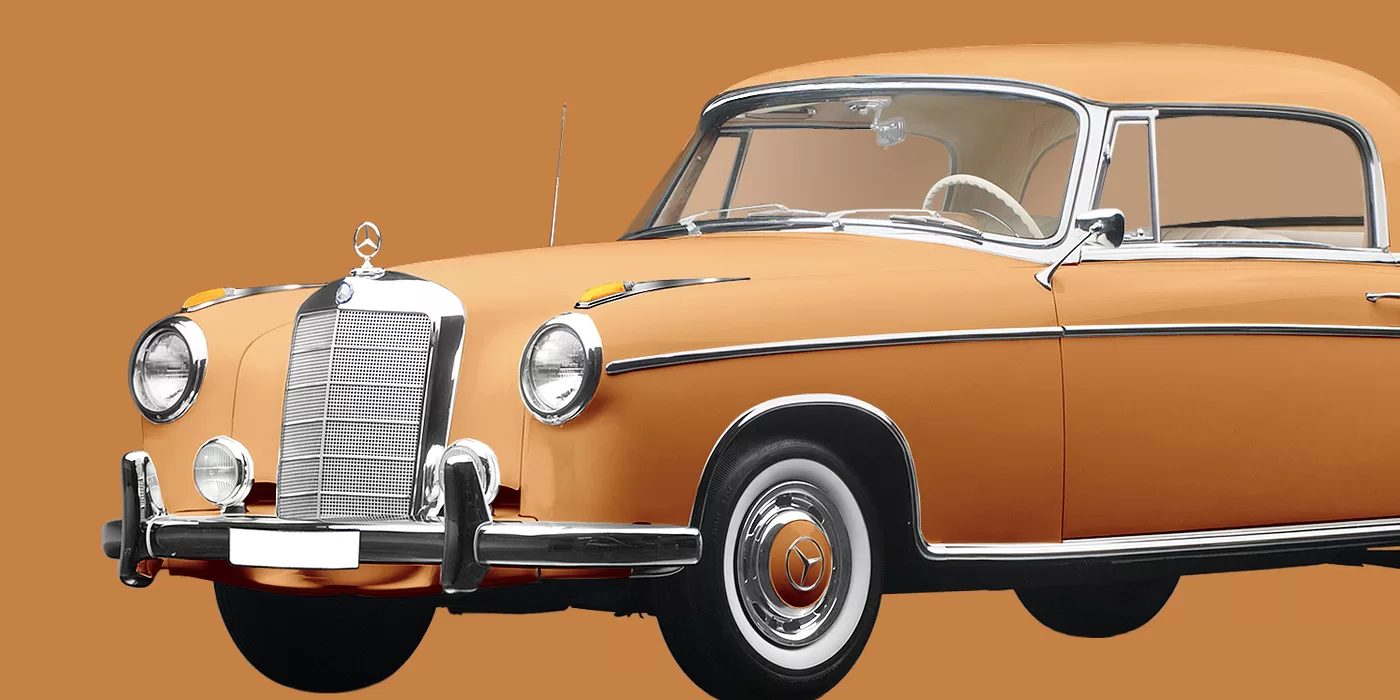The Value of a Classic Car- Introduction
Generally speaking, a classic car is a vintage vehicle that is at least 25 years old and has significant historical, cultural, or emotional value.
Numerous elements, such as an automobile’s age, brand, rarity, condition, historical significance, and popularity, might affect its market value. In this article, we will examine these factors in detail and provide insights into how they impact the value of a classic car.
The value of a classic car is a multi-faceted and complex concept that depends on several factors, including rarity, historical significance, condition, popularity, and provenance. In this comprehensive guide, we’ll take a closer look at each of these factors and how they contribute to the overall value of a classic car.
VISIT THE HOMEPAGE FOR THE LATEST UPDATES
Age and Rarity
Age is one of the most significant factors in determining the value of a classic car.
The rarity of a historic car is one of the most significant aspects that affect its value. Because of their distinctive characteristics, designs, and production histories, classic cars frequently take after them. As a result, only a tiny quantity of these cars was made, making some of them quite precious and in high demand. It is because a historic vehicle is so uncommon that it is significant and sought-after by collectors.
Condition
A classic car’s condition plays a significant role in determining its value. Generally speaking, a well-kept, restored, or preserved car will be worth more than one that has not. A classic car’s level of originality, authenticity, and completion also has an impact on how much it is worth.
Generally speaking, a well-kept vehicle that repairs to its pre-accident state is worth more than one that has undergone modifications or suffered other harm.
Historical Significance
Another element that may affect a classic car’s value is its historical relevance. The value of a vehicle might vary greatly depending on whether it drives by a famous person, used in a noteworthy event, or appeared in a film. It is due to the fact that these vehicles have a unique history and hold a distinct position in it.
Due to their prominence in the vintage automobile community, award-winning classic cars, such as Best of Show or Most Original, can also have a higher value. Historical significance also contributes to the value of a classic car. Some models have played an important role in automotive history and were associated with important events, figures, or cultural movements.
The Ford Model T was the first mass-produced car and transformed the automotive industry is another illustration of a classic car with historical value. The Model T’s impact on society and its place in automotive history make it a valuable classic car today.
Brand and Model
The brand and model of a classic car can also play a significant role in determining its value. Due to their reputation and popularity among collectors, some brands and models regard as more desired and valuable than others. For instance, historic cars from prominent manufacturers like Rolls-Royce, Bentley, and Ferrari often value higher than those from lesser-known manufacturers. In addition, some models of classic cars, such as the Shelby Cobra or the Porsche 911, are considered to be highly collectible and valuable.
Popularity
Popularity among collectors also affects the value of a classic car. Some models have a high following and are in high demand, leading to higher prices. The popularity of a classic car also impacts its value. Cars that are popular with collectors and enthusiasts are often more valuable than those that are not. For example, classic muscle cars, such as the Chevrolet Camaro and the Ford Mustang, are highly sought after by enthusiasts and collectors and can command high prices. A car’s popularity can always influence a number of elements, such as its performance, history, and appearance.
Provenance and Documentation:
The history and supporting documents, such as original ownership and maintenance records, can also have an influence on the value of a historic car. For instance, a classic car owned by a well-known historical person or celebrity is valued higher than one that belonged to a private individual. It is so that the car’s origin can enhance its historical relevance and appeal to collectors.
The Value of a Classic Car- Conclusion
In conclusion, a number of elements, such as age, rarity, condition, historical relevance, brand and model, and popularity, affect the value of a classic car. All of these aspects should remember when estimating a classic car’s worth. Knowing the value of these cars is crucial to owning and enjoying them, regardless of whether you are a collector, enthusiast, or only admire their beauty and history.
READ MORE :
- All About Aston Martin Cars
- Audi e tron Review
- Bently Continental GT price in India
- BMW X1 Price in India
- Brezza 2022 Launch date in India
- Why Bugatti Is So Expensive?
- Best car dealers in Dubai
- Concorde Motors Kochi
- Honda Showroom Kochi
- Indus Motors Thevara
- KIA DEALERS IN PUNE
- Lamborgini Showroom in India
- Nippon Toyota Kalamassery
- Rolls Royce Showroom in India
- Sai Service Pathadipalam
- Top 10 Car Showrooms Kottayam,
- Top 5 Car Showrooms Trivandrum
- BREZZA 2022 vs TATA NEXON
- Citroen C3 price in India
- 2021 Chevrolet corvette vs Mustang Shelby GT50
- Is Mercedes-Benz better than BMW?
- EcoSport Price in Kerala
- Upcoming Ford cars in India –
- Alcazar
- Cars price in India
- Hyundai Creta
- i20 Price in Kerala on-road
- venue price in India
- KIA Carens price in India on road
- Carnival 2021 India
- KIA Cars on road price in India
- seltos price in Kerala
- Kia sonet price in Kerala
- Landrover Range rover Evoque review
- Mahindra Bolero Neo
